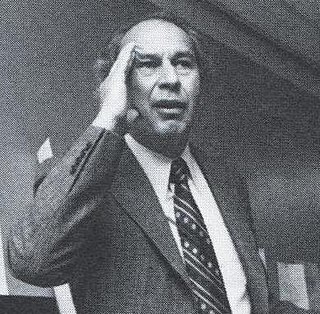A Quote by Frederick E. Crane
Individuality is either the mark of genius or the reverse. Mediocrity finds safety in standardization.
Quote Topics
Related Quotes
For I think it is the case with genius that it is not when quiescent so very much above mediocrity as the difference between the two might lead us to think, but that it has the power and privilege of rising from that level to a height utterly far from mediocrity: in other words that its greatness is that it can be so great.
As Aristotle wrote a long, long time ago, and I'm paraphrasing here, the goal is to avoid mediocrity by being prepared to try something and either failing miserably or triumphing grandly. Mediocrity is not about failing, and it's the opposite of doing. Mediocrity, in other words, is about not trying. The reason is achingly simple, and I know you've heard it a thousand times before: what doesn't kill you makes you stronger.
Either I'm a genius or I'm mad, which is it? "No," I said, "I can't be mad because nobody's put me away; therefore I'm a genius." Genius is a form of madness and we're all that way. But I used to be coy about it, like me guitar playing. But if there's such a thing as genius - I am one. And if there isn't, I don't care.

































